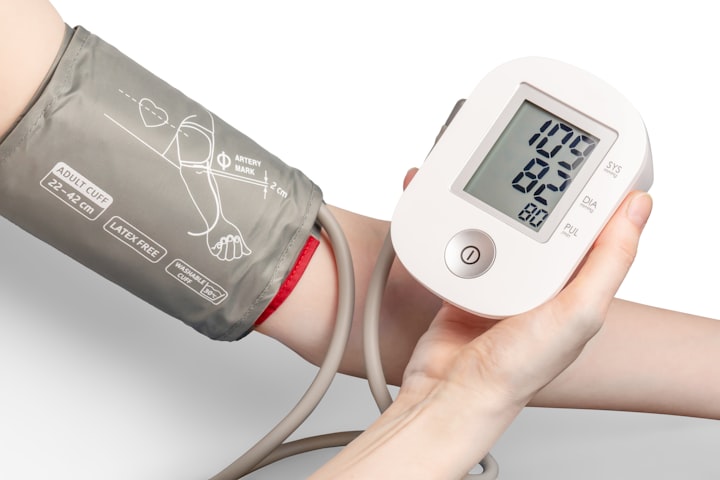Don't Let Heart Disease Take Your Life: 15 Ways to Reduce Your Risk of Heart Disease
If you're concerned about your heart health, read on for some helpful tips. There are many things you can do to reduce your risk of heart disease, and it all starts with changing your lifestyle. Here are a few ideas to get you started.

Heart disease is the leading cause of death in the United States for both men and women, killing more than 600,000 people each year. But it doesn’t have to be that way. There are many things you can do to reduce your risk of heart disease.
Get active. Exercise is one of the best ways to reduce your risk of heart disease. It helps keep your heart healthy and strong and can reduce your risk of heart attack and stroke. Aim for at least 30 minutes of exercise most days of the week.
Eat a healthy diet. Eating a healthy diet is one of the most important things you can do to reduce your risk of heart disease. Make sure to include plenty of fruits, vegetables, and whole grains in your diet and limit your intake of unhealthy fats and processed foods.

Quit smoking. Smoking is a major risk factor for heart disease. If you smoke, quitting is one of the most important things you can do to reduce your risk.
Control your blood pressure. High blood pressure is a major risk factor for heart disease. Controlling your blood pressure is one of the most important things you can do to reduce your risk.

Control your cholesterol. High cholesterol is a major risk factor for heart disease. Controlling your cholesterol is one of the most important things you can do to reduce your risk.

Control your blood sugar. Diabetes is a major risk factor for heart disease. Controlling your blood sugar is one of the most important things you can do to reduce your risk.
Lose weight. Overweight and obesity are major risk factors for heart disease. Losing weight can help reduce your risk.
Eat fish. Fish is a good source of healthy omega-3 fatty acids, which can help reduce your risk of heart disease.

Eat nuts. Nuts are a good source of healthy fats, fiber, and other nutrients that can help reduce your risk of heart disease.
Avoid sugary drinks. Sugary drinks are a major contributor to obesity and can increase your risk of heart disease.
Avoid unhealthy fats. Unhealthy fats, such as saturated and trans fats, can increase your risk of heart disease.

Limit your intake of processed foods. Processed foods are often high in unhealthy fats, sugar, and sodium and can increase your risk of heart disease. limiting your intake of processed foods is a great way to improve your overall health. Processed foods are often high in unhealthy ingredients like sugar, salt, and fat, which can lead to weight gain, heart disease, and other health problems. By eating more whole foods and less processed foods, you can improve your health and feel better overall.
Drink alcohol in moderation. Heavy drinking can increase your risk of heart disease. Moderate drinking, however, has been linked with a reduced risk of heart disease. Drinking alcohol in moderation can have many benefits for your health. It can help you sleep better, reduce stress, and even improve your heart health. moderate drinkers also tend to live longer than those who don’t drink at all.
Get regular checkups. Checking your blood pressure, cholesterol, and blood sugar levels regularly can help you catch any problems early and reduce your risk of heart disease.

Don't stress out. Chronic stress can increase your risk of heart disease. Learning how to manage stress can help reduce your risk.
The best way to reduce your risk of heart disease is to live a healthy lifestyle. This means eating a healthy diet, exercising regularly, and avoiding tobacco use. You can also reduce your risk by maintaining a healthy weight, controlling your blood pressure, and managing your cholesterol levels. If you have a family history of heart disease, you may be at a higher risk and should talk to your doctor about ways to reduce your risk.
About the Creator
Alain Saamego
Software engineer , Writer and Content Strategist at Selfgrow.co.uk
I'm a technology enthusiast, and I love learning about upcoming technologies. I also enjoy teaching and answering questions about new technologies.






Comments
There are no comments for this story
Be the first to respond and start the conversation.